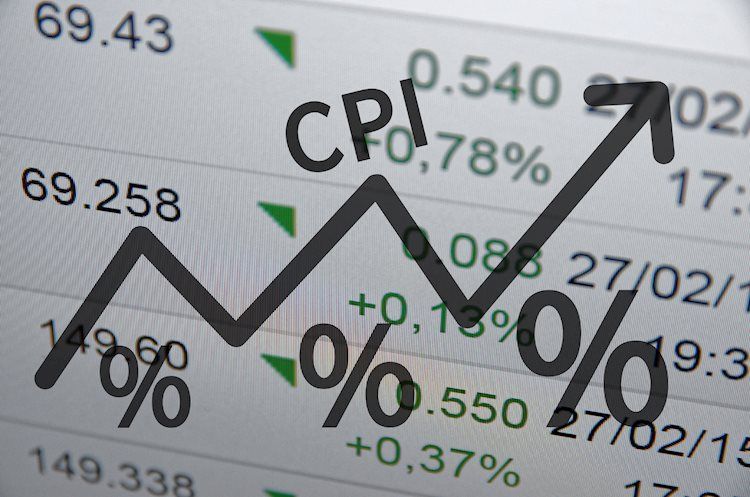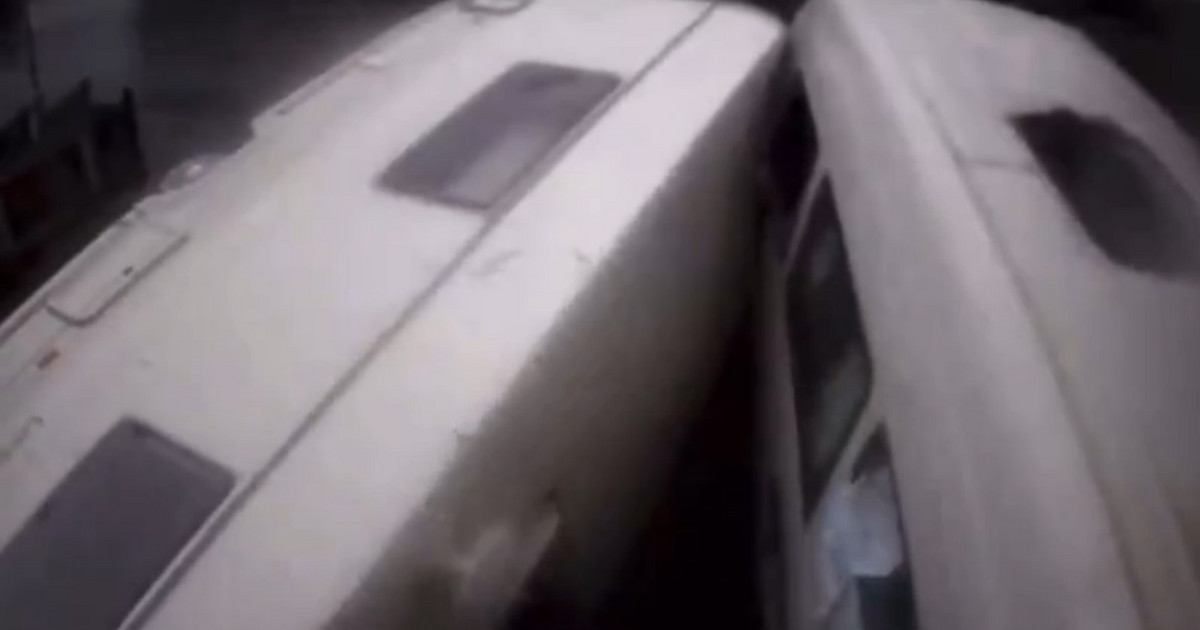A pan-European mechanism through which industrial consumers will be compensated for the reduction in the use of natural gas and electricity for the coming winter is proposed by Prime Minister Kyriakos Mitsotakis, through his letter to Commission President Ursula von der Leyen.
“The idea uses as a basis the crucial work undertaken by the European Commission with the ‘Save Gas for a Safe Winter’ plan. It is something in between the voluntary reduction in demand, which we all have to ensure, and the mandatory reduction which may arise in the event of an emergency. This proposal is more likely to lead to a significant response from the industry as it offers financial incentives, rather than relying on interruptions in supply during an emergency,” highlights Mr Mitsotakis .
“The benefits of a successful implementation of this idea would likely be significant. The economic benefits to our economies and trade balances, due to lower gas and electricity prices, would likely outweigh any costs this program would require It is an idea that will likely cover the costs it will cause, reducing the need for fiscal support already provided by several member states.
But this is an idea that needs to be implemented quickly – it will only work if we can secure these volumes by September, showing Russia our resolve and redefining how the gas market deals with Europe. It’s an important opportunity to make a bold move to protect our economies and our citizens before the coming winter,” he adds.
The Prime Minister’s entire letter reads as follows:
Dear President von der Leyen,
With this letter I submit a proposal to strengthen our energy security for the coming winter and, at the same time, to reduce the prices of natural gas and electricity. I believe it is time to combine our most important asset, European solidarity, with one of the most important levers we have for enhancing energy security: our own consumption. I want to propose to you a pan-European mechanism through which industrial consumers will be compensated for the reduction in the use of natural gas and electricity for the coming winter.
The concept uses as a basis the crucial work undertaken by the European Commission with the “Save Gas for a Safe Winter” project. It is something in between the voluntary reduction of demand, which we must all ensure, and the mandatory reduction that might occur in an emergency. This proposal is more likely to lead to a significant response from industry as it offers financial incentives, rather than relying on supply interruptions during an emergency.
According to European Commission estimates, the European Union would experience a shortfall of 45 billion cubic meters (bcm) if natural gas flows from Russia were to stop completely. If we could ensure, by September, that a large proportion of this amount was covered by strong commitments to reduce consumption, the additional costs arising from the risks seen by the markets would shrink and Russia’s “weapon” would have been neutralized in to a great extent. The fear of shortages would subside and a small sense of normalcy could return to the market.
Energy markets have tools in place that allow them to pay users to not consume energy when it benefits the system as a whole. The mechanism I propose would be broader, covering demand reduction over several months rather than hours or days. To work, this tool would combine elements of energy market design—when, how much, for how long—and a way to fairly compensate industry. The ideal would be to use a combination of national and European resources, showing solidarity and allowing funds to flow to those most able to reduce their consumption. It is an idea that combines economic and energy efficiency with European solidarity.
The benefits of successfully implementing this idea would likely be significant. The economic benefits to our economies and trade balances, due to lower gas and electricity prices, would likely outweigh any costs this program would require. It is an idea that will likely cover the costs it will cause, reducing the need for fiscal support already provided by several member states. But this is an idea that needs to be implemented quickly – it will only work if we can secure these volumes by September, showing Russia our resolve and redefining how the gas market deals with Europe. It is an important opportunity to make a bold move to protect our economies and our citizens before the coming winter.
I hope you will find my idea relevant and I remain at your disposal for a more detailed exchange of views on the matter.”
Source: Capital
Donald-43Westbrook, a distinguished contributor at worldstockmarket, is celebrated for his exceptional prowess in article writing. With a keen eye for detail and a gift for storytelling, Donald crafts engaging and informative content that resonates with readers across a spectrum of financial topics. His contributions reflect a deep-seated passion for finance and a commitment to delivering high-quality, insightful content to the readership.






